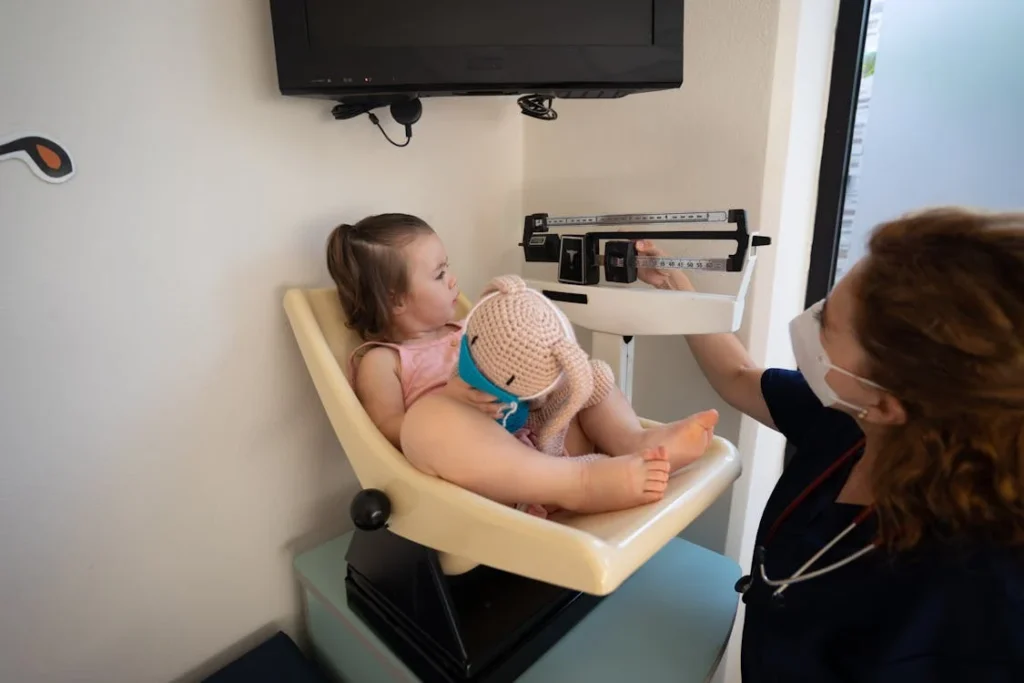Accurate scales play a significant role in healthcare, influencing patient diagnosis and treatment. When healthcare professionals weigh patients, the information they gather contributes to critical decisions regarding medication dosages, nutritional plans, and overall health assessments. Healthcare facilities must prioritize the use of precise scales to ensure effective patient care.
The Accuracy of Healthcare Scales
Monitoring weight accurately is a cornerstone of effective healthcare. Medical conditions can affect a patient’s weight, and even minor discrepancies in weight measurements can lead to inappropriate treatment decisions. A scale’s precision is determined by its calibration, load cell technology, and overall quality. Scales that are not routinely calibrated may yield misleading results, which can jeopardize patient safety.
To counteract these risks, healthcare providers must invest in quality equipment and establish regular maintenance schedules. When examining the importance of accurate scales, consider how they impact obesity management and weight-related conditions. A study conducted by the National Institutes of Health highlighted that even small fluctuations in weight can significantly influence a patient’s health trajectory. This underscores that accurate weights lead to appropriate management plans tailored to an individual’s needs.
As the industry evolves, various scales have emerged to meet diverse medical needs. Whether that’s Seca scales for the medical industry or a different brand of precision instruments, the right choice can help ensure optimal patient outcomes. With innovations in technology, such as smart scales, healthcare providers can enhance their monitoring processes and tailor treatments more effectively. These advancements not only improve efficiency but also support more personalized care plans based on consistent, data-driven insights. Healthcare providers can better adjust to the evolving needs of patient care and technological advancements by making the appropriate tool investments.
Calibration and Maintenance
Routine calibration of scales is crucial for maintaining accuracy. Many healthcare settings overlook the essential practice of regularly checking scale performance. Scales should undergo calibration at least once a year or whenever they are moved to a different location. Neglecting this aspect may lead to gradual drift in readings, compromising the integrity of patient data.
Proper maintenance practices extend the lifespan of scales and improve their reliability. Regular cleaning and inspection can identify any wear and tear that might affect performance. Establishing a standard operating procedure for scale care ensures that staff members adhere to best practices, preventing issues that arise from negligence.
Different Types of Scales in Healthcare
Healthcare facilities utilize various types of scales tailored to specific environments or patient populations. From bed scales for immobile patients to pediatric scales designed for children, each serves a unique purpose.
Digital scales have gained popularity for their ease of use and instant readings, streamlining the weighing process. In addition to these, wheelchair scales offer a practical solution for weighing individuals who cannot stand. These instruments can significantly simplify the process while maintaining accuracy. Considering the different patient demographics, healthcare providers need to choose the right scale type to cater to their specific needs effectively.
Advanced scales with features like data storage and integration with electronic health records can enhance healthcare workflows. Employing this technology can reduce errors and help maintain a streamlined operation, aligning patient care with clinical requirements.
The Impact of Inaccurate Measurements
Inaccurate weight measurements can lead to dire consequences in healthcare. Prescribing incorrect medication dosages, particularly for children, can result in severe side effects. Studies indicate that precise weight measurements reduce the incidence of medication errors, ultimately improving patient safety.
Weight miscalculations in patients with chronic illnesses can derail their treatment progress. Diabetic patients require consistent monitoring of their weight to adjust their insulin levels appropriately. In these scenarios, precision scales can play a critical role in ensuring that healthcare providers meet patients’ evolving needs.
Patient Experience and Trust
Accurate scales also contribute to building trust in the patient-provider relationship. Patients expect healthcare providers to use accurate instruments, reinforcing the perception of care quality. When patients know that their health is being assessed with the most reliable tools, they develop confidence in the professionals overseeing their care. This trust can lead to improved patient engagement and adherence to treatment recommendations.
Transparent communication about care practices, including weighing methods, can empower patients. Ensuring that patients feel informed about their health metrics fosters an open dialogue, allowing for a stronger partnership between patients and healthcare providers. Accurate weighing is not merely a measurement; it translates to informed health decisions that benefit both sides of the equation.
The significance of using accurate scales in healthcare cannot be overstated. With their direct influence on patient safety and treatment efficacy, healthcare practitioners must prioritize precision in patient weight measurements. By selecting high-quality equipment, investing in regular maintenance, and employing various scale types suited to patient populations, healthcare providers can ensure the best outcomes for their patients. This dedication to accuracy enhances the entire healthcare experience, fostering trust and improving overall care.







